The Biggest Mistake Product Creators Make and How to Ensure Your Product Idea Will Succeed in the Marketplace
As a consultant, the most common question I hear is, "What’s the biggest mistake that people make when creating products?"
I’ve been asked this question a lot lately and the answer seems clearer than ever: Business owners don’t understand their target market well enough.
For example, I’ve seen products that provide a solution to a problem—but it’s not a problem that intended target market experiences. I’ve also seen products that solve the right problem, but the solution doesn’t fit the target market’s needs.
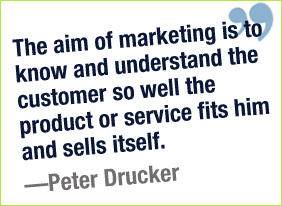
As an entrepreneur, your goal is to know and understand your clients’ world intimately, pinpoint exactly what they need and then—and only then—create products that fit those needs.
In fact, in conversations about what makes or breaks a business—the team, the product, or the market—more often than not, the market wins. According to Marc Andreessen (co-founder of Netscape and social network site Ning), it’s all about product/market fit. In his words, "Do whatever is required to get to product/market fit, including changing out people, rewriting your product, moving into a different market, telling customers no when you don’t want to, telling customers yes when you don’t want to.”
So the real question is: how can you achieve product/market fit?
To inspire you, here are three examples of world-shaking female entrepreneurs who developed their highly successful business ideas by knowing their target markets intimately by looking first to themselves:
- LearnVest.com: LearnVest is a website that makes financial planning accessible and easy. (Think Weight Watchers for money.) LearnVest was launched Alexa Von Tobel, who dropped out of Harvard Business School to make her vision a reality. Alexa’s idea for the company started when she noticed that there were virtually no tools available to the "the 99%" to meet their financial planning needs.
When headed for a job at Morgan Stanley to manage investments, she realized that she didn’t know anything about her personal finances. "I was reading every book I could find, but none of them spoke to me," explains Alexa. Now, LearnVest has raised more than $40 million to tackle this issue. The reason it’s so successful? Alexa has been in the shoes of a 20-something who didn’t know the first thing about managing her money. By knowing exactly what her target market goes through on a daily basis, she designed an elegant, targeted solution that spread like wildfire.
- Indiegogo.com: Indiegogo is an international crowd-funding platform, dreamed up and executed by Danae Ringelmann and her team of friends committed to democratizing fundraising. Danae’s epiphany happened when trying to get a play off the ground, only to hit a wall with her investor. "In that moment, I realized people who wanted something to come to life most, which were the actors and the audience, should have the power and mechanism to make it happen," says Danae.
The Indiegogo team built its website from the unique perspective of people who have tried (and failed) to get projects or products off the ground through traditional fundraising channels. These days, Indiegogo is helping thousands of projects—everything from small creative projects to large-scale innovative technologies—to get funded by leveraging the power of the crowd.
- CakeHealth.com: CakeHealth is a website offering free tools to manage healthcare and, like LearnVest, seeks to make your medical bills and insurance plan simple and accessible. Co-founder Rebecca Woodcock was helping a close friend with epilepsy when she began to wonder what she would do with piles of healthcare related paperwork if she ever encountered a health problem.
"Healthcare is kind of a black box," says Rebecca, "You don’t know what you’re paying and you only realize that after the fact. And it’s often a surprise and it’s often more expensive than you thought it was." Today, her free online service helps people demystify their paperwork, and take control of their healthcare.
As you develop your next product idea, consider Alexa Von Tobel’s philosophy about creating products: "Think about the products that you want that are missing from your life. Think about the real challenges that you have. Some of the best companies that you can start are the ones where you’re customer number one, and ones where you’re extremely passionate about what you’re building."
Start by solving a problem that you know. And if you don’t have a pressing problem in your life, make sure you get to know your customers and their problems—intimately. That’s the surest path to creating exceptional products and turning customers into raving fans.
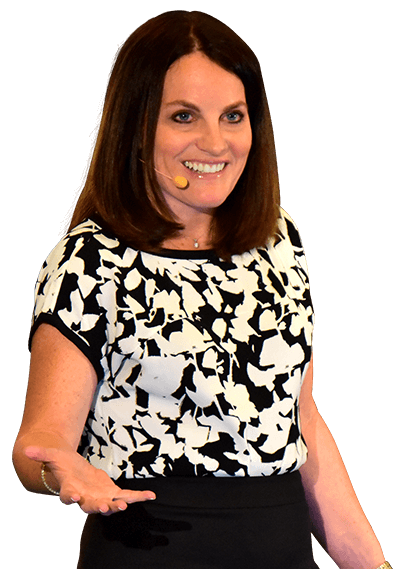
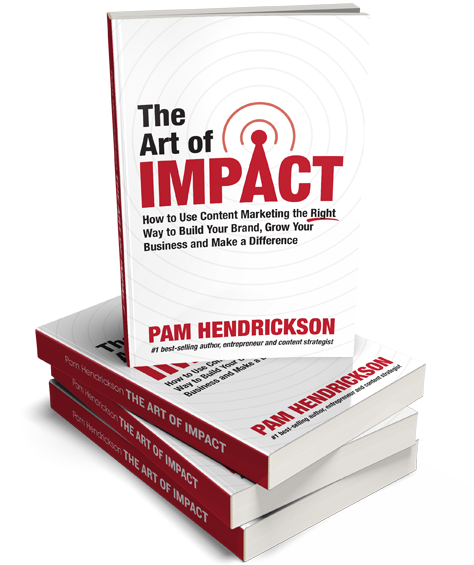
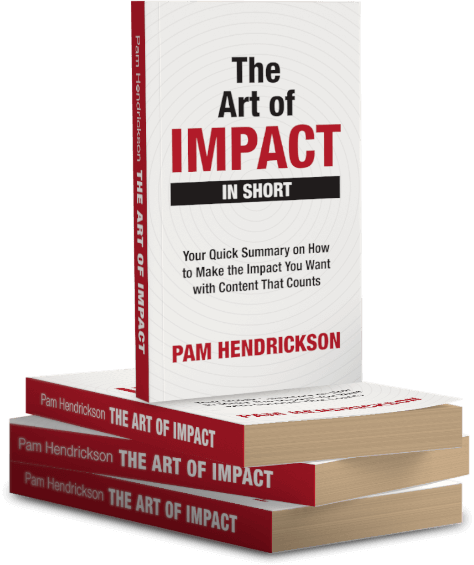
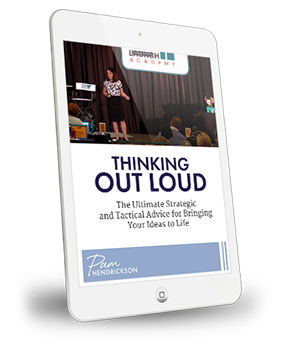
Some of the best companies that you can start are the ones where you’re customer number one…” – Pam Hendrickson
Wow! Arguably the best single piece of advice for a start up! Kind of like being my own avatar, even though researching the needs of the market is important. As I write my book, I’m running with this.
Look forward to seeing you at Rocktoberfest 🙂
Hi Bumi!
Thank you so much for your feedback. I’m glad you found this distinction useful when writing your book. I hope you enjoyed Rocktoberfest – and I hope to see you at another event soon.
Warmly,
Pam